Filter by
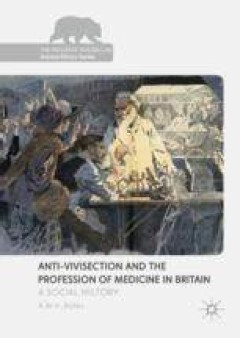
Anti-Vivisection and the Profession of Medicine in Britain
This book is open access under a CC BY 4.0 license. This book explores the social history of the anti-vivisection movement in Britain from its nineteenth-century beginnings until the 1960s. It discusses the ethical principles that inspired the movement and the socio-political background that explains its rise and fall. Opposition to vivisection began when medical practitioners complained…
- Edition
- 1
- ISBN/ISSN
- 978-1-137-55697-4
- Collation
- -
- Series Title
- The Palgrave Macmillan Animal Ethics Series
- Call Number
- XXI, 217
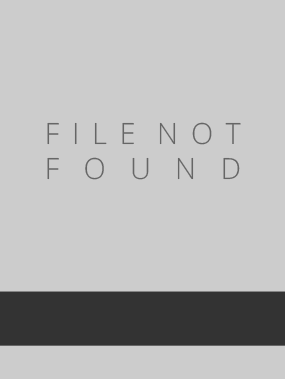
Bioethics and the Holocaust
This open access book offers a framework for understanding how the Holocaust has shaped and continues to shape medical ethics, health policy, and questions related to human rights around the world. The field of bioethics continues to face questions of social and medical controversy that have their roots in the lessons of the Holocaust, such as debates over beginning-of-life and medical genetics…
- Edition
- -
- ISBN/ISSN
- -
- Collation
- -
- Series Title
- -
- Call Number
- -
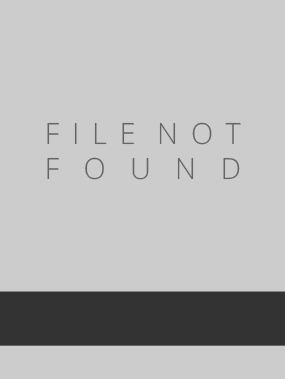
Bioethics and the Holocaust
This open access book offers a framework for understanding how the Holocaust has shaped and continues to shape medical ethics, health policy, and questions related to human rights around the world. The field of bioethics continues to face questions of social and medical controversy that have their roots in the lessons of the Holocaust, such as debates over beginning-of-life and medical genetics…
- Edition
- 1
- ISBN/ISSN
- 978-3-031-01987-6
- Collation
- -
- Series Title
- The International Library of Bioethics
- Call Number
- XII, 323
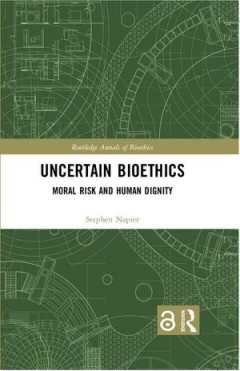
Uncertain Bioethics : Moral Risk and Human Dignity
Uncertain Bioethics makes a significant and distinctive contribution to the bioethics literature by culling the insights from contemporary moral psychology to highlight the epistemic pitfalls and distorting influences on our apprehension of value. Stephen Napier also incorporates research from epistemology addressing pragmatic encroachment and the significance of peer disagreement to justify wh…
- Edition
- -
- ISBN/ISSN
- 9781351244510
- Collation
- -
- Series Title
- -
- Call Number
- -
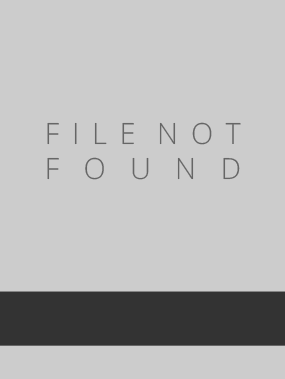
Narrative Ethics in Public Health: The Value of Stories
This Open Access book illustrates the power of stories to illuminate ethical concerns that arise in public health. It complements epidemiological or surveillance evidence, and reveals stakeholder perspectives crucial for public health practitioners to develop effective and ethical public health interventions. Because it relies on the natural and universal appeal of stories, the book also serves…
- Edition
- 1
- ISBN/ISSN
- -
- Collation
- -
- Series Title
- Public Health Ethics Analysis
- Call Number
- XIX, 238
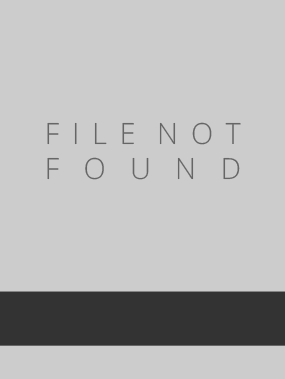
Narrative Ethics in Public Health: The Value of Stories
This Open Access book illustrates the power of stories to illuminate ethical concerns that arise in public health. It complements epidemiological or surveillance evidence, and reveals stakeholder perspectives crucial for public health practitioners to develop effective and ethical public health interventions. Because it relies on the natural and universal appeal of stories, the book also serves…
- Edition
- 1
- ISBN/ISSN
- -
- Collation
- -
- Series Title
- Public Health Ethics Analysis
- Call Number
- XIX, 238
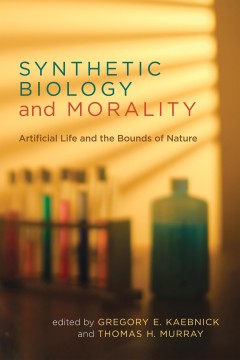
Synthetic Biology and Morality: Artificial Life and the Bounds of Nature
Synthetic biology, which aims to design and build organisms that serve human needs, has potential applications that range from producing biofuels to programming human behaviour. The emergence of this new form of biotechnology, however, raises a variety of ethical questions - first and foremost, whether synthetic biology is intrinsically troubling in moral terms. Is it an egregious example of sc…
- Edition
- -
- ISBN/ISSN
- 9781461936398
- Collation
- 1 online resource (vi, 214 pages .).
- Series Title
- -
- Call Number
- -
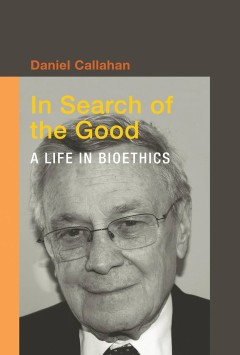
In Search of the Good: A Life in Bioethics
Includes index.One of the founding fathers of bioethics describes the development of the field and his thinking on some of the crucial issues of our time.OCLC-licensed vendor bibliographic record.
- Edition
- -
- ISBN/ISSN
- 0262305976
- Collation
- 1 online resource (xvii, 206 pages) :illustrations.
- Series Title
- -
- Call Number
- -
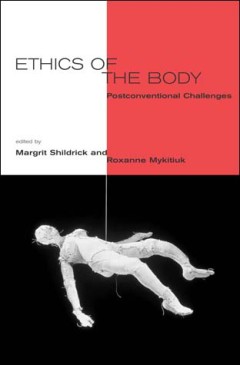
Ethics of the Body: Postconventional Challenges
The provocative contention of the postmodernist and feminist essays in Ethics of the Body is that conventional bioethics is out of touch, despite its growing profile. It is out of touch with an ongoing phenomenological sense of bodies themselves; with the impact of postmodernist theory as it problematizes the certainties of binary thinking; and with a postmodern culture in which bioscientific d…
- Edition
- -
- ISBN/ISSN
- 9780262283526
- Collation
- 1 online resource (vi, 288 pages).
- Series Title
- -
- Call Number
- -
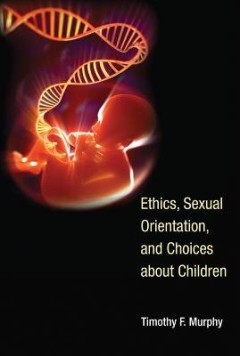
Ethics, sexual orientation, and choices about children
Parents routinely turn to prenatal testing to screen for genetic or chromosomal disorders or to learn their child's sex. What if they could use similar prenatal interventions to learn (or change) their child's sexual orientation? Bioethicists have debated the moral implications of this still-hypothetical possibility for several decades. Some commentators fear that any scientific efforts to unde…
- Edition
- -
- ISBN/ISSN
- 9780262305822
- Collation
- 1 online resource (195 pages).
- Series Title
- -
- Call Number
- -
 Computer Science, Information & General Works
Computer Science, Information & General Works  Philosophy & Psychology
Philosophy & Psychology  Religion
Religion  Social Sciences
Social Sciences  Language
Language  Pure Science
Pure Science  Applied Sciences
Applied Sciences  Art & Recreation
Art & Recreation  Literature
Literature  History & Geography
History & Geography